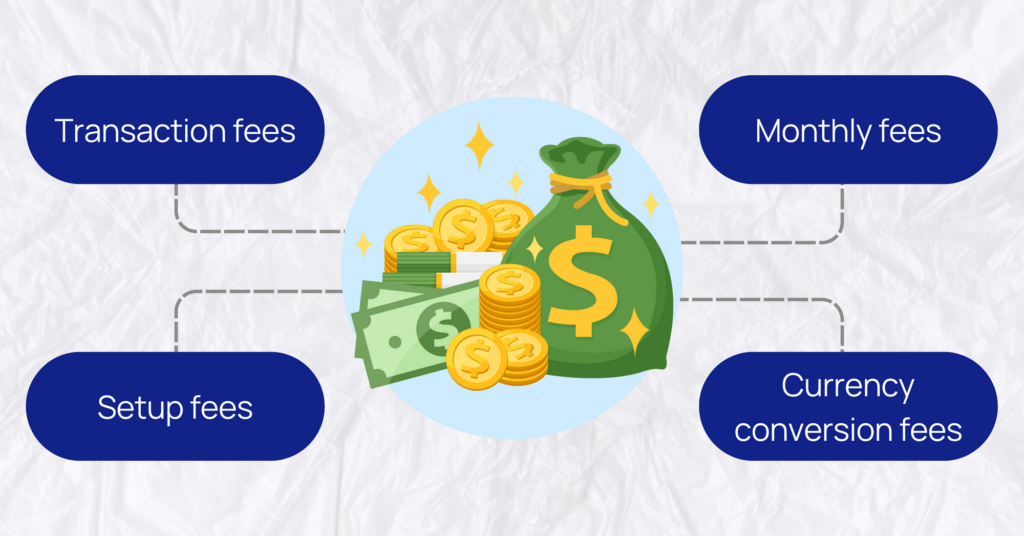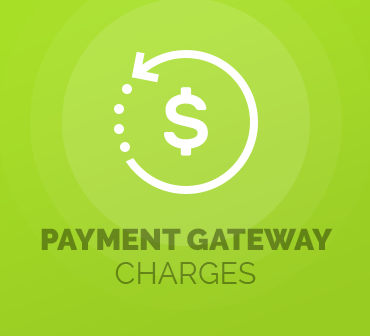AUTHOR : ADINA XAVIER
DATE : 17/10/2023
In the era of digitization, electronic commerce[1] has revolutionized the manner in which we conduct our commercial activities. Whether you’re running an online store or a brick-and-mortar business with an online presence, you’ll need a payment gateway[2] to facilitate online transactions[3]. While these gateways provide convenience and security, it’s crucial to understand payment gateway rates[4] to ensure that your business remains profitable. In this comprehensive guide, we will delve into the world of payment gateway rates[5], demystifying the various fees associated with them.
Understanding Payment Gateways
Payment gateways are the digital equivalent of a point-of-sale terminal at a physical store. They enable secure online transactions by transmitting payment data from the customer to the merchant’s bank. This process involves a series of steps, including authentication also authorization, ensuring that funds are transferred correctly.
The Role of Payment Gateway Rates
Payment gateway rates refer to the fees associated with processing online payments. These rates can significantly impact your business’s profitability, making it crucial to understand and manage them effectively.

Types of Payment Gateway Fees
Transaction Fees
Transaction fees are the most common type of payment gateway fees. They are charged for each successful transaction. Typically, these fees are calculated as a percentage of the transaction amount, with a fixed fee per transaction.
Monthly Fees
Some payment gateway providers charge monthly fees for access to their services. These fees may cover features like customer support, security, also access to additional payment methods.
Setup Fees
Setup fees are one-time charges associated with the initial setup of a payment gateway[1]. These fees can vary widely among providers, also some may even waive them to attract new customers.
Chargeback Fees
Chargeback fees are incurred when a customer disputes a transaction and requests a chargeback. These fees cover the administrative costs associated with resolving disputes.
Popular Payment Gateway Providers
There are several payment gateway providers in the market, each offering its unique fee structures. A few well-regarded choices encompass PayPal, Stripe, Square, and Authorize.Net. It’s essential to research also compare their rates to find the best fit for your business.

Factors Affecting Payment Gateway Rates
Several factors can influence the rates charged by payment gateway providers. These include your business’s industry, transaction volume, also the level of fraud protection required. Understanding these factors will help you choose a provider that aligns with your needs.
How to Choose the Right Payment Gateway
Selecting the right payment gateway is crucial. Consider factors like cost, security, ease of integration, also the payment methods[2] supported. It’s also a good practice to test the user experience of each gateway before making a decision.
Negotiating Payment Gateway Rates
Many payment gateway providers are open to negotiation, especially if you anticipate high transaction volumes. Don’t hesitate to discuss your business’s needs also explore the possibility of obtaining more favorable rates.
Reducing Payment Gateway Costs
To minimize payment gateway costs, consider optimizing your payment processes. This may involve streamlining your checkout process, reducing chargebacks, or exploring alternatives like flat-rate pricing.
Importance of Security and Fraud Prevention
Ensuring the security of your payment gateway is paramount. Payment fraud is a significant concern, also the cost of dealing with fraudulent transactions[3] can be substantial. Invest in security measures to protect your business and customers.
Staying Informed About Rate Changes
Payment gateway rates can change over time. Regularly review your agreement with your provider and stay informed about any rate adjustments. This will help you adapt to new pricing structures or consider switching to a more cost-effective solution.
The Future of Payment Gateway Rates
The payment gateway industry is continually evolving. With new technologies and increased competition, we can expect to see more transparent pricing models also innovative solutions that cater to the diverse needs of businesses.
Conclusion
Payment gateway rates are a vital aspect of any e-commerce venture. Understanding the different types of fees, selecting the right provider, and managing costs effectively can significantly impact your business’s bottom line. By staying informed also adapting to the changing landscape, you can ensure that your payment gateway[4] remains a valuable asset to your business.
FAQs
1. Are payment gateway rates the same for all businesses?
- Payment gateway rates can vary depending on the provider, your business’s industry, and transaction volume. It’s essential to research also compare rates to find the best fit for your specific needs.
2. Can I negotiate payment gateway rates with my provider?
- Many payment gateway providers are open to negotiation, especially if you anticipate high transaction volumes. Don’t hesitate to discuss your business’s needs and explore the possibility of obtaining more favorable rates.
3. What is the most cost-effective payment gateway?
- The cost-effectiveness of a payment gateway depends on your business’s specific requirements. It’s essential to compare rates, features, and security to find the right fit.
4. How can I reduce chargeback fees?
- To reduce chargeback fees, invest in security measures, maintain clear transaction records, and provide excellent customer service to address potential issues promptly.
5. What is the future of payment gateway rates?
- The payment gateway industry is continually evolving, with a focus on transparent pricing and innovative solutions. Keep an eye on the market to adapt to new pricing models and technologies.





